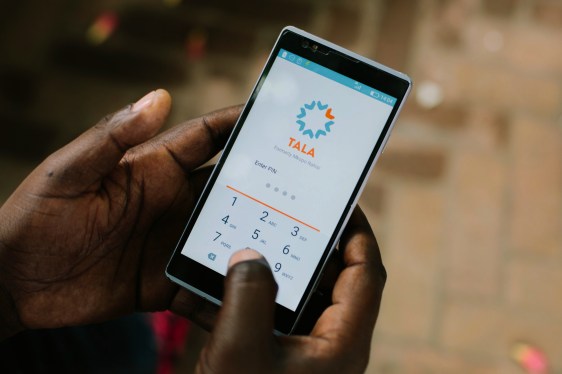Google Cracks Down on Illicit Loan Apps in Kenya and Nigeria
Google Play Store Requires Proof of License for Loan Apps
Google is requiring loan apps in Kenya to submit proof of license to operate in the country, failure to which they risk removal from Play Store, its digital distribution service. Those that have applied for licensing by Central Bank of Kenya and can produce evidence of the same may also be spared.
Slow Response to Digital Credit Providers Regulations
Google’s action has been sluggish, coming two months after the Digital Credit Providers Regulations took effect to protect borrowers from rogue apps, many of which had predatory lending practices and used debt-shaming tactics to recover their money.
New and old loan apps in Kenya are now expected to submit the requisite documents and information or risk being locked out at the end of January next year. This move follows similar actions in India, Indonesia, and Philippines.
Google’s Policy Update
Developers with personal loan apps targeting Kenyan users must complete a declaration form and submit necessary documentation before publishing their personal loan app. Personal loan apps operating in Kenya without proper declaration and license attribution will be removed from the Play Store.
FCCPC Rules in Nigeria
While less stringent than Kenya’s new law, the FCCPC rules, which came into effect in August this year to protect borrowers, expect lending apps to declare their fees and demonstrate how they receive feedback and solve complaints among other requirements.
Kenya’s New Law: A Step Towards Sector Growth
New rules for digital lenders in Kenya aim to weed out bad actors while bolstering sector growth. Kenya and Nigeria are major tech hubs in Africa, and have witnessed the proliferation of loan apps offering quick unsecured personal loans of up to $500.
However, the lack of stringent regulations and Google Play Store’s slapdash vetting process has attracted rogue operators, necessitating authorities to take apt measures to protect citizens.
Only 10 out of 288 Loan Apps Licensed
In Kenya, only 10 of the 288 loan apps that applied for licenses from the country’s Central Bank have been permitted. Some of the popular ones like Zenka and Silicon Valley-backed Tala are yet to be licensed.
Digital Lenders Must Comply with New Rules
The digital lenders in Kenya are expected to avoid the use of threats or debt-shaming actions, including posting personal information on online forums, unauthorized calls and messages to customers, and access to their contacts lists for purposes of contacting them in case of default.
Loan apps collect borrowers’ phone data, including contacts, and demand access to messages to check the history of mobile money transactions — for credit scoring and as conditions for disbursing loans. Rogue lenders have been sharing some of the contact information collected with third-party debt collectors.
40 Loan Apps Under Investigation
Already, 40 loan apps in Kenya are under investigation by the office of the data protection commissioner over data breach, following complaints from users.
New Law Requires Disclosure and Transparency
The new law requires loan apps to also reveal their pricing model, terms and conditions to consumers in advance. Unlike in the past when they were unsupervised, the apps are now expected to notify the regulator before introducing new products or making changes to existing ones.
In addition, they must disclose and provide evidence of their sources of funds. This move is aimed at protecting borrowers from predatory lending practices and ensuring transparency in the sector.
Kenya Cracks Down on Digital Lenders
Digital lenders in Kenya must disclose source of funds as new law takes effect. The government’s move to regulate the sector comes after complaints of data breach, debt-shaming, and other forms of exploitation by rogue lenders.
The crackdown is aimed at protecting citizens from rogue operators who have taken advantage of the lack of stringent regulations and oversight.
Google Cracks Down on Personal Loan Apps
Google has also cracked down on personal loan apps in India, requiring developers to submit proof of license to operate in the country. This move follows similar actions in Kenya and other countries where Google has faced criticism for hosting rogue lending apps.
The crackdown is aimed at protecting consumers from predatory lending practices and ensuring transparency in the sector.
Related Stories
- Apple Brings Store App to Indian Market
- Trump Administration Might Give a Boost to Deep-Sea Mining for Critical Minerals
- Google Strikes World’s Largest Biochar Carbon Removal Deal with Indian Startup Varaha



